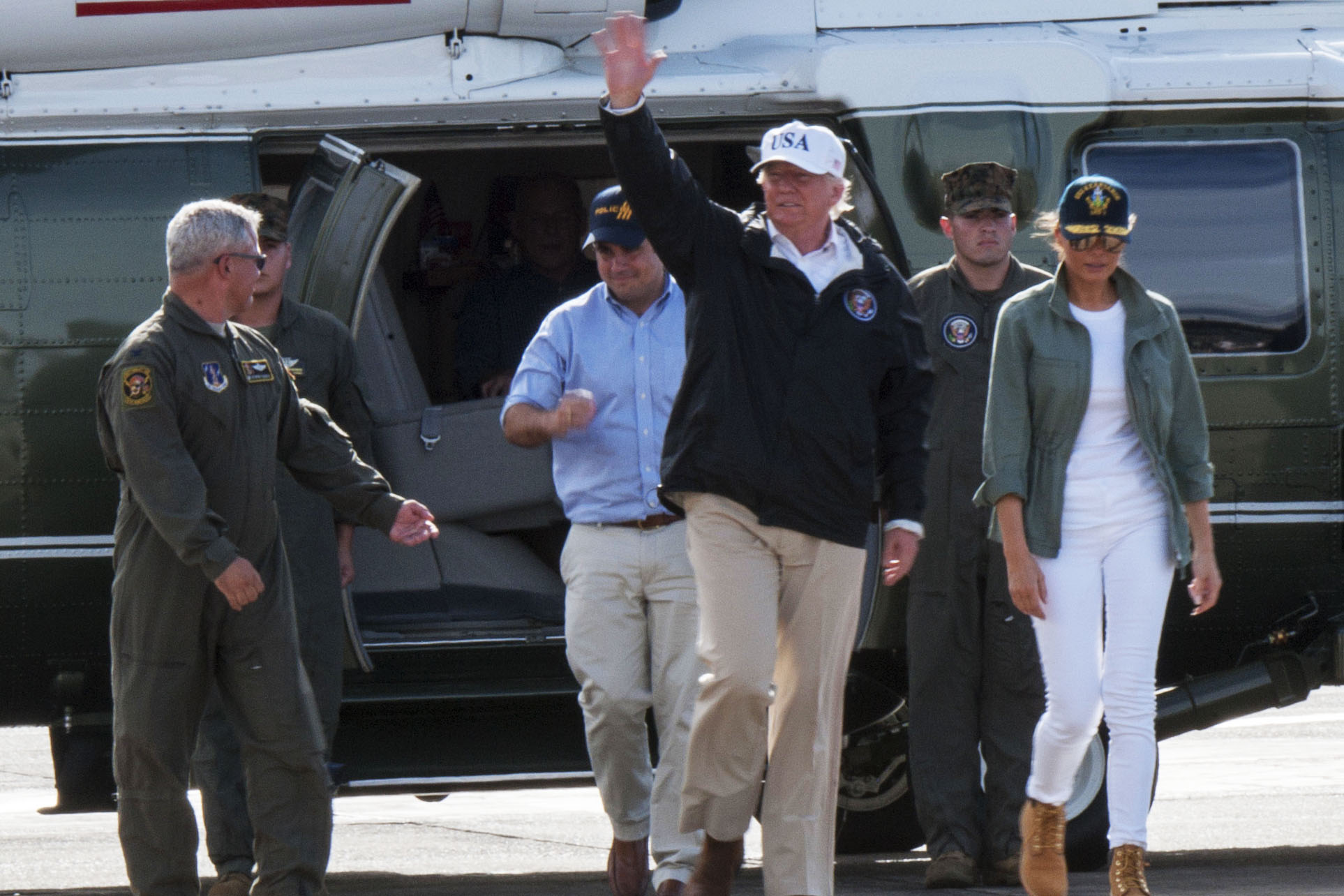
Documents Highlight FEMA’s Failed Efforts to Track and Inspect Meals Sent to Puerto Rico
American Oversight obtained records related to the contractor that only provided 50,000 out of the 30 million meals it was supposed to deliver to Puerto Rico after Hurricane Maria.

American Oversight has been investigating the administration’s failed response to Hurricanes Maria and Irma in Puerto Rico, including reports that the Federal Emergency Management Agency had mismanaged contracts to provide food and medicine.
American Oversight uncovered records through FOIA litigation regarding the contract given to a one-employee company, Tribute Contracting, to provide meals in Puerto Rico following Hurricane Maria in 2017. As the New York Times reported in February 2018, the company only provided 50,000 of the 30 million “self heating meals” it was contracted for, resulting in the termination of the contract. Included in the documents American Oversight obtained was a bill for fewer than 50,000 meals.
The Department of Homeland Security’s inspector general conducted an audit of FEMA’s contract with Tribute Contracting and asked FEMA employees how the meals were inspected, where they were sent, and if they were “salvageable.”
Emails between FEMA employees also show that the shipment’s tracking numbers were “never loaded in the system” and that they “lost visibility” of the shipments as they went from Jacksonville to Puerto Rico.
The records also indicate that it is not FEMA’s policy to inspect shipments of food or other goods once they are shipped to disaster-response areas.
Last fall, American Oversight sued FEMA for records that could shed light on the administration’s failed hurricane response. The lawsuit was part of our Parallel Investigations Initiative, which targets documents also sought by Congress.
On Monday, members of Congress demanded that the White House release records related to the Trump administration’s response to Hurricane Maria, including an email exchange with the Defense Department asking about “mass graves” in Puerto Rico. Earlier this year, Trump said he did not want a “single dollar” going to Puerto Rico. Instead, he wanted the money to go to Florida and Texas.